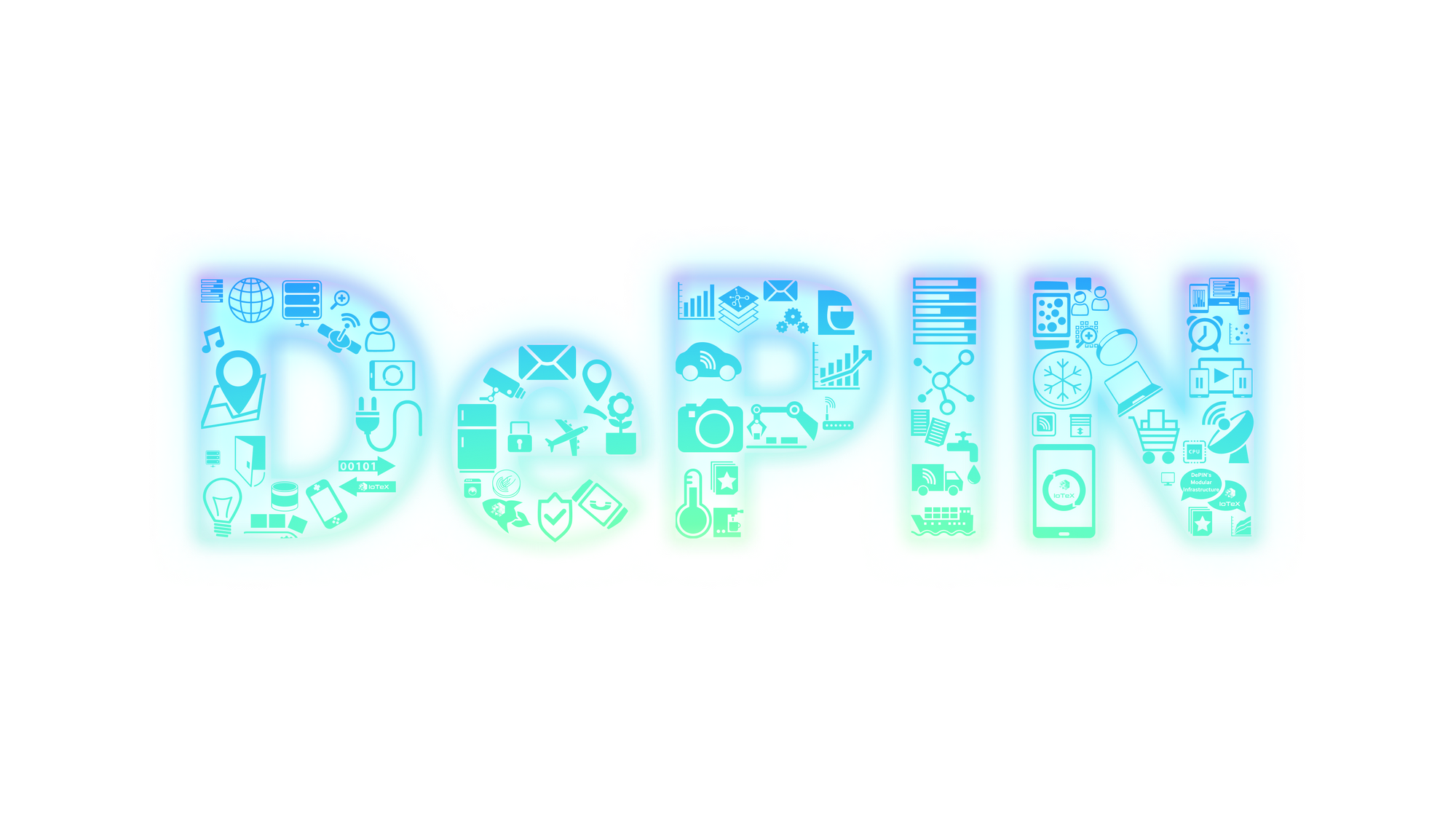I learned something new today:
More:

 iotex.io
iotex.io
^^ Some technical details, but the point of posting it here is that Solana (SOL) appears to be a leader in this emerging use case for crypto.
DePIN stands for Decentralized Physical Infrastructure Networks. It's a new way to build and maintain infrastructure in the physical world. This "infrastructure" can be anything from WiFi hotspots in wireless networks to solar-powered home batteries in energy networks. DePINs are built out in a decentralized way, by individuals and companies all over the world, for anyone to use. In return, these contributors receive financial compensation and an ownership stake in the network they're building and the services they're providing (via token incentives). DePINs are made possible through widespread Internet connectivity and technological advancements in blockchain infrastructure and cryptography.
...
To give an example of this in action, consider Drife. Drife is a DePIN version of Uber. Drife works similarly to Uber, matching riders with drivers who own their vehicles and are willing to drive for money. Riders pay fiat and drivers receive ~100% of that fiat payment. However, since Drife is a decentralized protocol (and not one, centralized corporation), drivers receive the $DRF token in recognition of their contributions and can both suggest and vote on changes to the protocol and its rules ...
More:

What are Decentralized Physical Infrastructure Networks (DePIN)?
Decentralized Physical Infrastructure Networks (DePIN) are decentralized blockchain networks that reward their contributors via token incentives.
 iotex.io
iotex.io
^^ Some technical details, but the point of posting it here is that Solana (SOL) appears to be a leader in this emerging use case for crypto.
Last edited:














